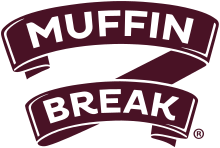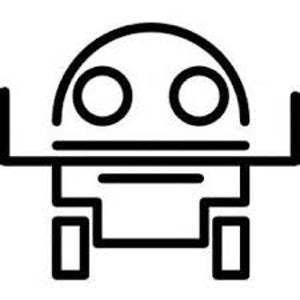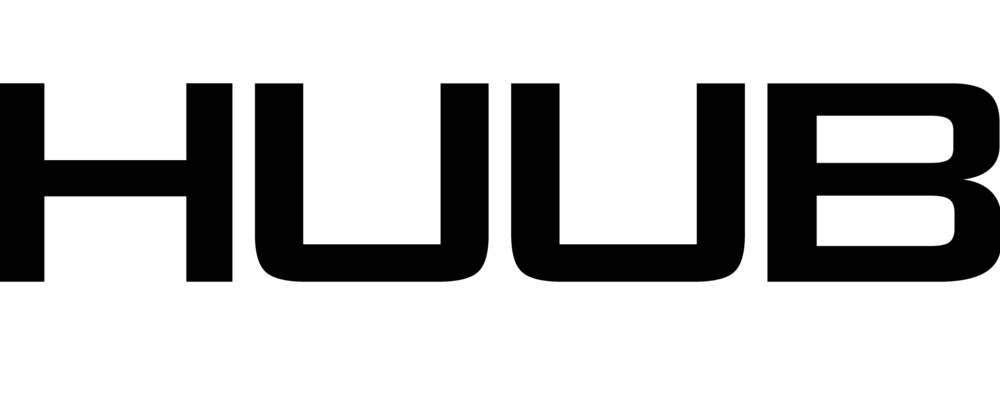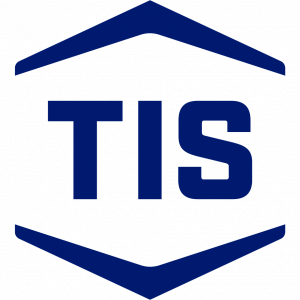Part and parcel of the entrepreneurial journey is navigating challenging and tumultuous times. Sometimes, that journey might just entail a global pandemic.
The challenges associated with the coronavirus pandemic have forced businesses to radically change the way they operate. It has stress-tested many businesses like never before, but a collective obligation to rise to the challenge has been one of the most heartening aspects, and something that has been very apparent amongst our clients.
Innovation has been key, and with innovation, come lessons learnt.
So, with that in mind, we asked a handful of grass-root entrepreneurs, each from very different industries, to provide insight into their experience of the pandemic, asking them “What have you learnt from the pandemic from a business perspective?”.
Craig Free, Muffin Break Cafes 
“Lockdown, as you can imagine, had a huge impact on our industry.
When the first lockdown hit, my weekly sales crashed from £80k to zero. I immediately phoned 2 friends whose businesses had survived the 2011 Christchurch (my hometown) earthquakes. Their advice was clear and simple, CASH is king. Simple, but spot on, and as a result my business has survived.
Another lesson to take from situations such as this is to look for opportunities. I took on 28 new shops in July-Sept! There will always be opportunities, you just need to sniff them out.”
James Twigg, TIS
“No matter what the world throws at you and your business you will adapt and learn. People are resilient and actually adversity can build a stronger future.”
Andy Wallace, The Robot Exchange 
“Assume the worst case on your client revenues. Really slash and burn your revenue and be super pessimistic on who can remain employed. Keeping the business alive will enable more people to be employed in the future.
Don’t try and market to C-Level execs who are focussed solely on their business’s survival.
Finally, and maybe most importantly, remember that you have no asset value without your people. Be empathetic to their situation, keep engaging and being really clear on how the company is doing and what may happen in the future. No one needs to have surprises when it relates to their incomes, families or mortgage!”
Dean Jackson, HUUB 
“It’s taught me a) not to panic in the first instance, and b) you have to be really nimble and not sit on your hands – you must be reactive.
As the impact of COVID spread, we were very quick to speak with our suppliers to see how quickly they were able to react. We assessed what was before us, what tools and resources we had available and what we could trade with. I then went to my customers, presented our ideas, and explained what we could deliver and moved quickly. Utilising capacity within the business to make products, design products and present it to our customers meant we were able to make the best out of a bad and very uncertain situation. The speed at which our team reacted meant we were in the strongest position possible from the outset.”
It also taught us to do good where you can – at a time when everyone’s lives have been turned around, we wanted to create something to keep spirits up and to raise money for the NHS. We launched an NHS cycling jersey and running top, which raised over £27,500 for the NHS, which was only possible due to the speed at which our teams were able to react.”
Aman Kular, Tamatanga 
“Who saw that coming? Nobody! Things will always happen outside of your control. Making sure you have a solid foundation, and a strong team behind you will help you weather any storm and will also bring the team closer together, a lesson which has been reaffirmed more than ever in the last few months.
Having a hospitality business on the frontline of this pandemic has been devastating – there is no doubt about that. However, by being agile and reactive in our response, we have been able to deal with the ever-changing landscape of rules and restrictions, reassembling and responding as needed. These qualities continue to prove crucial as we navigate the second lockdown.
One real positive that we’ve taken from the pandemic is that it has provided us with valuable time to step back and review our business from a critical perspective, using the time to improve our processes and procedures so we can best weather the aftermath of the pandemic, and making sure we will be ready for any upcoming challenges.”






